‘Nearly killed me’: Baz Luhrmann reveals fraught set of movie, Australia
Baz Luhrmann reveals how he dropped out of Alexander the Great, with Leonardo DiCaprio and Mel Gibson, to create Australia, which became his most dangerous film set.
Entertainment
Don't miss out on the headlines from Entertainment. Followed categories will be added to My News.
Iconic director Baz Luhrmann has revealed how the fraught production of his fourth major film, Australia, nearly killed him.
The 2008 movie starring Nicole Kidman and Hugh Jackman, about a British noblewoman inheriting a cattle station on the eve of the Second World War, flopped in the United States but became an instant classic in Australia and Europe.
The blockbuster’s production was plagued by problems, but Luhrmann said he refused to be defeated by setback after setback.
“As a filmmaking experience, it was by far the most fraught., he told Deadline for an in-depth cover story with Deadline tracking his filmography leading to his latest release, Elvis.
“We were hit by equine flu. I went to the desert to shoot, and it rained for the first time in 150 years, so I had a grass-covered desert,” he added.
“It nearly killed me, but I wouldn’t give a day of it up at all.”
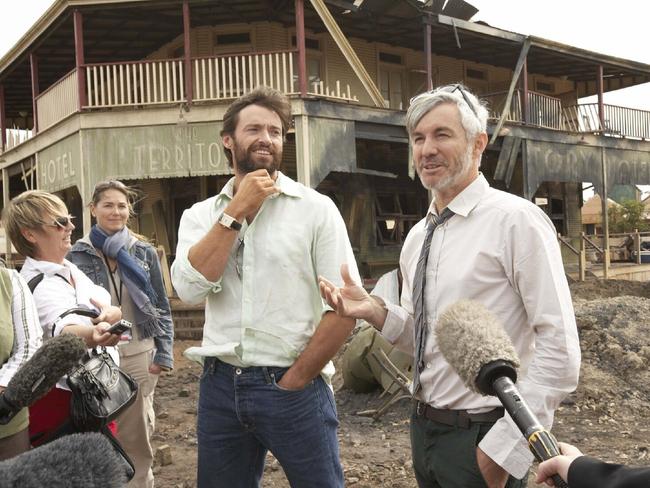
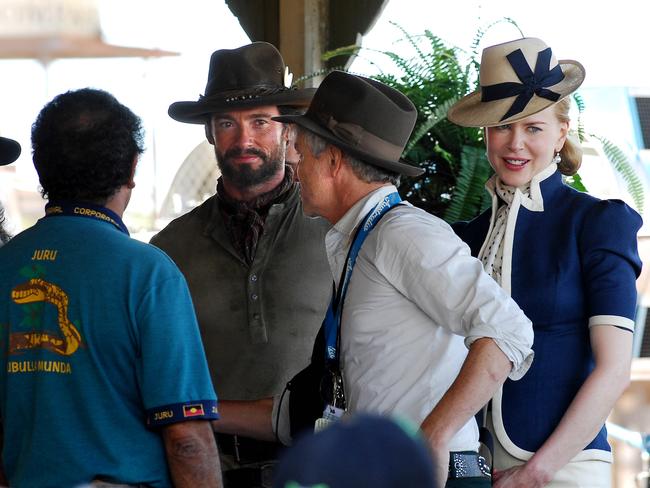
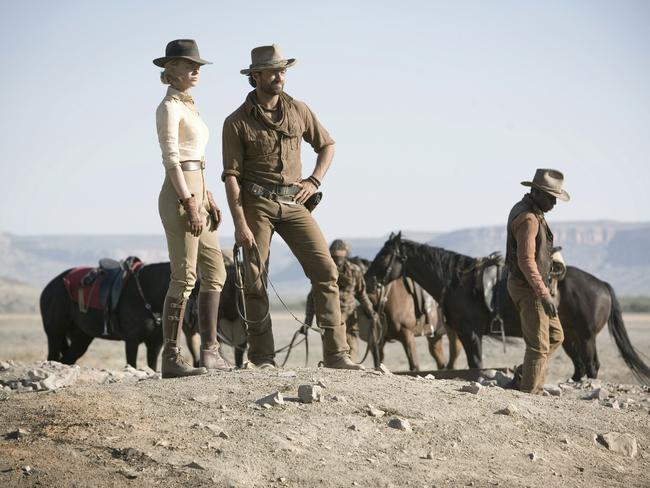
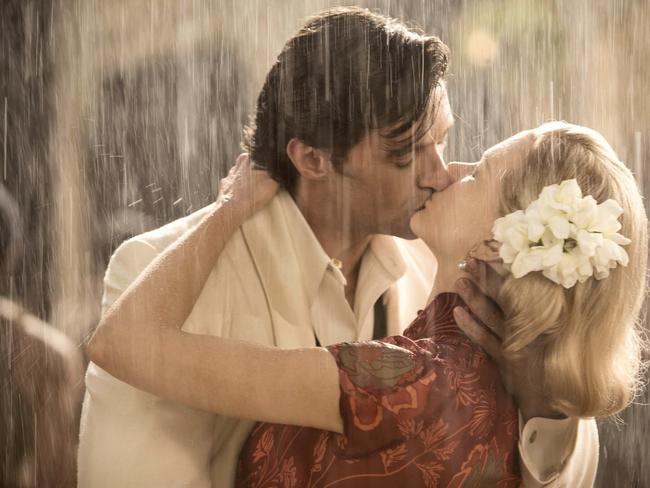
Luhrmann revealed that he made Australia after going on a “giant journey” making Alexander the Great with Mel Gibson and Leonardo DiCaprio in the father and son roles.
A different version of the movie went on to be directed by Oliver Stone with Val Kilmer and Colin Farrell replacing Gibson and DiCaprio as Philip II and Alexander in a widely-panned adaptation of the Greek legend.
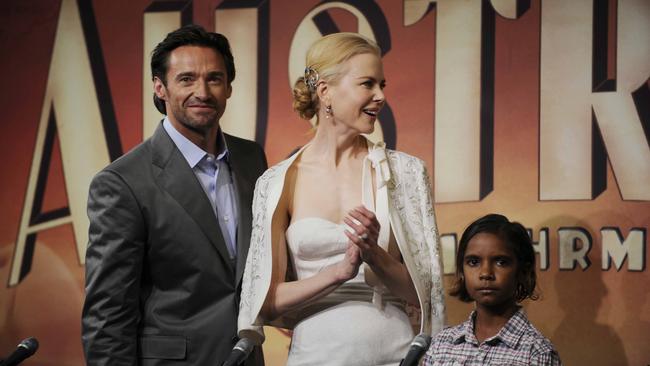
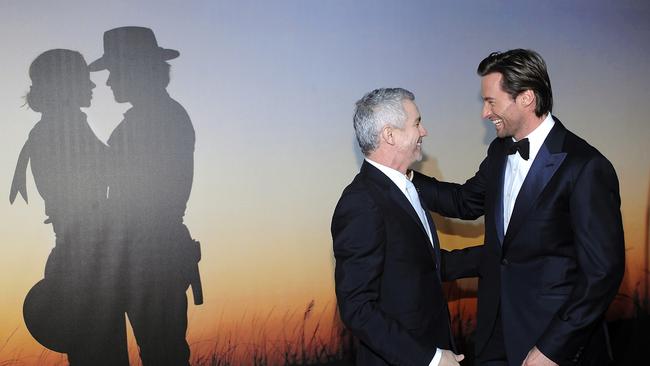
“I was so down the road on that,” Luhrmann recalled.
“At one stage Martin Scorsese was involved, and we built studios in Morocco. It was such an adventure, but there came a time when, for personal reasons, I really couldn’t continue with it.”
He told The Hollywood Reporter in 2013 that he was having trouble conceiving children at the time. He was so devastated by the end of the biopic, he fell into a pit of black despair that left him feeling almost suicidal, he said of the failed production.
“So, instead, I did Australia,” he told Deadline.
“I was really living it, living in north Australia and working with some of our country’s great writers, like Richard Flanagan, learning about the stolen generation,” he added.
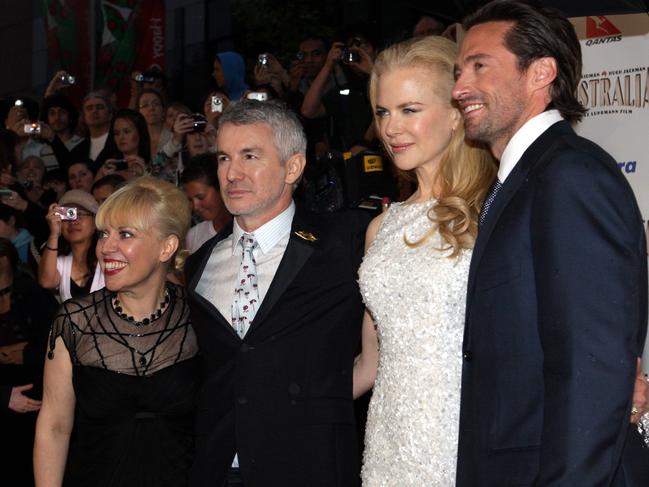
“It’s weird because in America it didn’t play at all. It’s the only film I’ve had that didn’t really open in America. Everything else has played there, but it’s the biggest film I’ve ever had in Europe, and it still is. It’s still my number one movie in France and Spain, and I’m still not sure why. I was in Paris a couple days ago. They really lean into Australia, and they talk about it like it’s this masterful epic. I’m like, “Hey, isn’t it the loathed child?” But it’s the number two highest grossing Australian film of all time, so somebody saw it.”
Highlights of the Deadline cover story include:
HOW STRICTLY BALLROOM CHANGED HIS LIFE
“The film screened in Cannes, at midnight, and a large crowd pressed in on us. I’d never had that before. A security guard reached in and grabbed me. He dragged me through the crowd as they followed us down the Croisette and he said, “Monsieur, from this moment on, your life will never be the same again.” Actually, he was right.”
THE ROMANCE OF MAKING OF ROMEO + JULIET
“One day someone should make a movie about the making of that film. I mean, we had our own army. We had things like our hair and makeup person being kidnapped, and us getting him back for $2,000. (Or was it $200?) Take the church scene where the helicopter attacks Leo. It was a real helicopter shooting at him, and it blew out all the windows in the local neighbourhood. We shouldn’t have been there. And it was a totally real church. The candles were real, the neon lights were real. There was no artificiality. The final shot at the end was just the camera on a rope being winched up into the ceiling. The romance of making that, plus all the difficulty and drama, was epic. So, I went from Strictly Ballroom to this epic cinematic creative adventure.”

GEORGE LUCAS’ INFLUENCE ON MOULIN ROUGE
“George Lucas has always been so supportive. We were talking the other day about “immaculate reality”, the idea that if you create worlds, or a cinema language that’s all your own, then immaculate reality means that the rules within that world — your rules — have to be totally worked out. Even if the audience can’t pick up on them, you have to totally know them and stick to them so they’re able to buy into the world you’ve created. The mechanics in the beginning of Moulin Rouge! are meant to challenge the audience to sign on with that immaculate reality.”
PRISCILLA PRESLEY’S SECRET LETTER ABOUT ELVIS
“I won’t share all of it, but the key thing she said was, ‘My whole life I’ve had to put up with people impersonating my husband, and I don’t know how that boy did it, but every move, every wink … If my husband was here, he’d say, ‘Hot damn, you are me.’”





